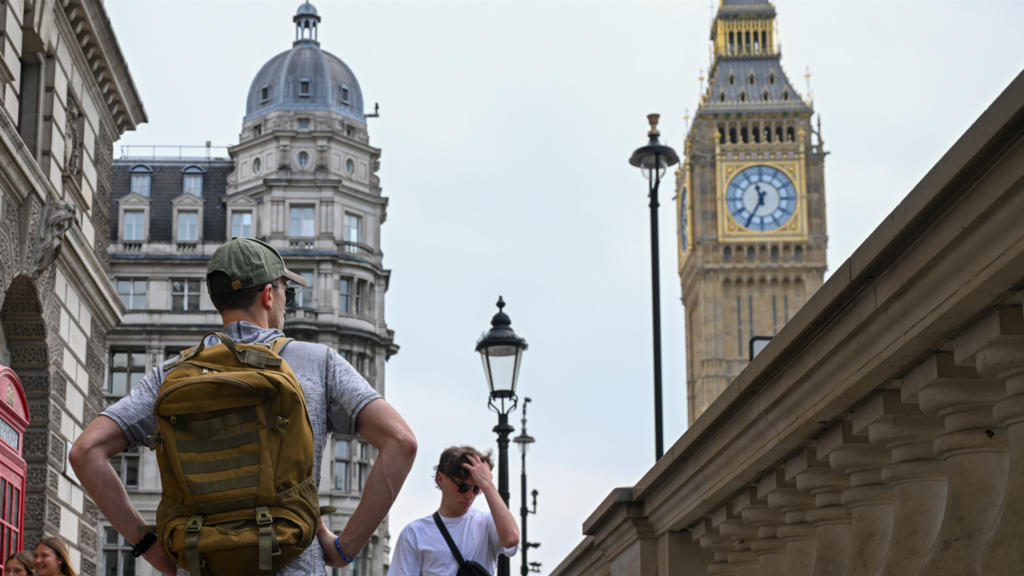The Independent Parliamentary Standards Authority (Ipsa), the parliamentary expenses watchdog, is seeking approximately 20 members of the public to participate in a review of its methodology for determining MPs’ pay.
Ipsa states that this “citizens’ forum” will contribute to shaping future pay and expenses policies, commencing next year.
The forum is scheduled to convene four times in September, formulating recommendations in conjunction with a broader online consultation anticipated to continue through the autumn.
Ipsa’s review will also encompass a comparative analysis of British MPs’ remuneration relative to that of politicians in other nations.
Currently, the basic salary for Members of Parliament stands at £93,904, following a 2.8% annual increase implemented in April.
The watchdog is legally mandated to conduct a review of its processes for establishing MPs’ salaries and expenses subsequent to each general election.
While prior reviews have incorporated online consultations to gather input, this marks the first instance of direct public participation in the process.
Recruitment is expected to involve approximately 20 to 25 individuals selected via a postal lottery encompassing 10,000 addresses, with the aim of assembling a group broadly representative of the UK population.
Participants will be tasked with providing recommendations to Ipsa’s board as part of the review, which is slated for completion before April of the coming year.
Ipsa specifies that participants must be aged 18 or older and do not require prior knowledge of, or interest in, politics.
This initiative represents the latest application of the “citizens’ assembly” model by a British body in decision-making, following its extensive use in Ireland.
The Scottish government previously employed the model to deliberate constitutional matters post-Brexit, while Westminster committees have utilized it to inform recommendations on climate change and social care.
Proponents contend that this model can enhance democratic decision-making, although critics have raised concerns regarding the extent to which panels of volunteers can accurately reflect the broader views of the general population.
The model was anticipated for wider government adoption after Sue Gray, then chief of staff to Sir Keir Starmer, indicated that Labour would employ it to resolve contentious issues such as housing development locations and House of Lords reform.
However, Ms. Gray assumed a role in Downing Street following the election, but was replaced after three months, and these plans appear to have been shelved.
Ipsa was established in the aftermath of the 2009 expenses scandal to assume responsibility for setting MPs’ pay, a task previously undertaken by the MPs themselves.
The watchdog does not currently adhere to a fixed formula for determining MPs’ annual salaries. Instead, it states that it considers data on public sector pay in relation to the economic context and pay levels within the “wider working population.”
In recent years, it has experimented with aligning annual awards, effective each April, with average public sector pay figures published the preceding October.
However, it has not consistently adhered to this figure.
In 2023, Ipsa recommended a higher pay increase for MPs, asserting that the official data had failed to account for cost-of-living bonuses awarded elsewhere in the public sector.
This year, it recommended a lower increase, linking its 2.8% rise to initial Treasury plans for the public sector, which have since been augmented after the government accepted a series of recommendations from pay review bodies last month.
In a report published last year, Ipsa determined that in 2023, British MPs received higher pay than their counterparts in countries such as France and New Zealand.
However, their pay was lower than that of equivalents in Ireland, Germany, Canada, Australia, and the United States, the survey revealed.
Sign up for our Politics Essential newsletter to read top political analysis, gain insight from across the UK and stay up to speed with the big moments. It’ll be delivered straight to your inbox every weekday.
MPs in Bristol and Stroud want the government to scrap a family visa policy that separates couples
Leaked emails purport to show George Freeman asking a firm that employed him what questions he should ask ministers.
The BBC’s political editor Chris Mason gives his analysis of what the climbdown over the welfare bill means for the prime minister.
More than 130 MPs have signed an amendment opposing the government’s welfare reform legislation.
Check whether your MP voted for or against the assisted dying bill.

